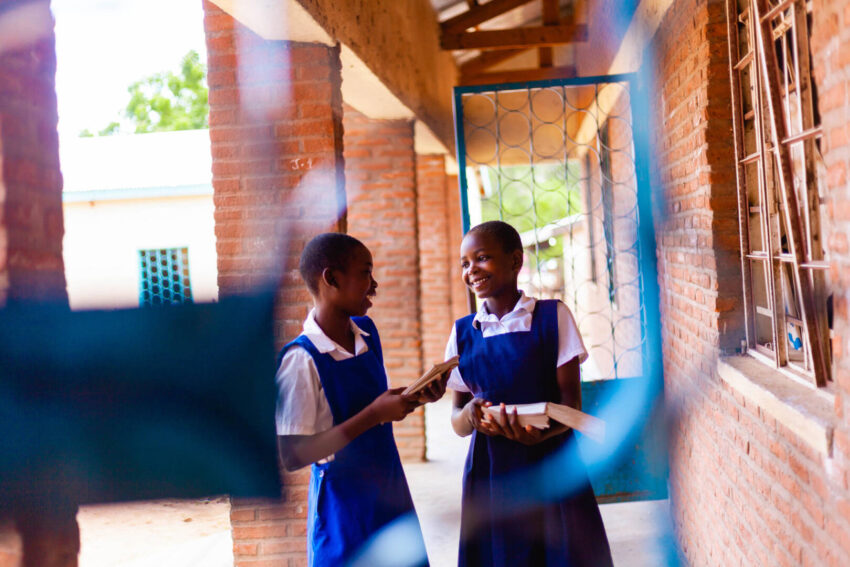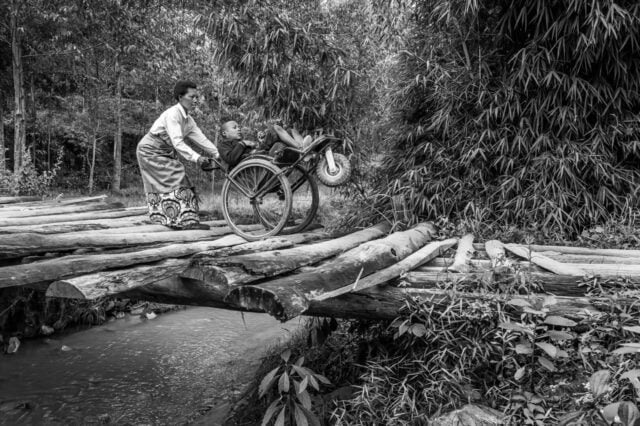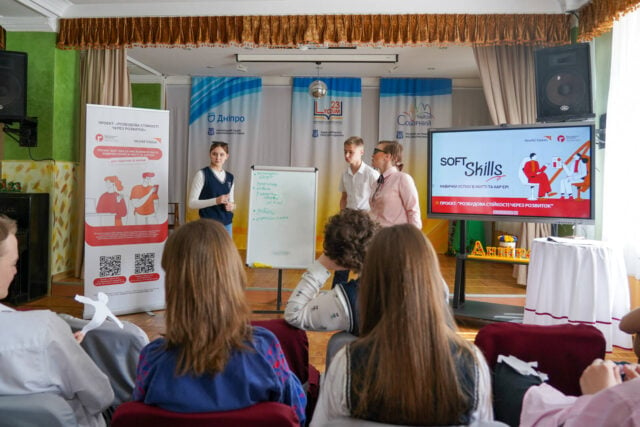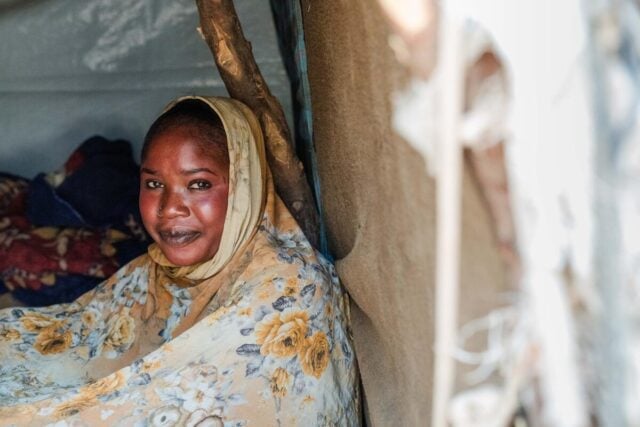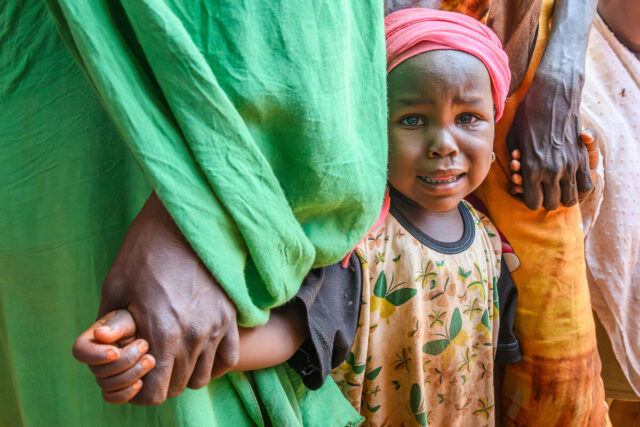After malaria kept Halima out of school in Malawi, she returned to take her final exams.
“I got very sick, and I was bedridden for two weeks. I spent another week home to ensure I had recovered fully,” recalls Halima.
Unfortunately, a three-week absence from school was enough for Halima to fall behind and fail her exams. It was her third time catching malaria that year.
Often characterized by a fever, muscle aches, shaking chills, and nausea, this mosquito-borne illness is the world’s third most deadly disease for children under five.
A 2019 report by the Malawian government states that malaria has grave socioeconomic impacts on education for children in marginalized communities. Malaria treatment and prevention brings high financial costs for families. Time children are sick with malaria means they fall behind in their studies.
New beginnings
Halima’s family and community district is now part of World Vision’s Indoor Residual Spray initiative. World Vision staff sprayed mosquito-killing chemicals in home interiors. A reduced risk of contracting malaria meant a lower chance of missing school.
“Ever since, I have never had malaria,” says Halima. “Of course, sometimes I was sick, but when we went to the hospital, it was not malaria,” she adds.
In 2021, Halima started classes in the sixth grade yet again. She was fearful about being an older student, repeating the courses after she failed the previous year. While laughing, Halima says she thought her classmates would say, “I am old and a failure.”
Thankfully, she was wrong.
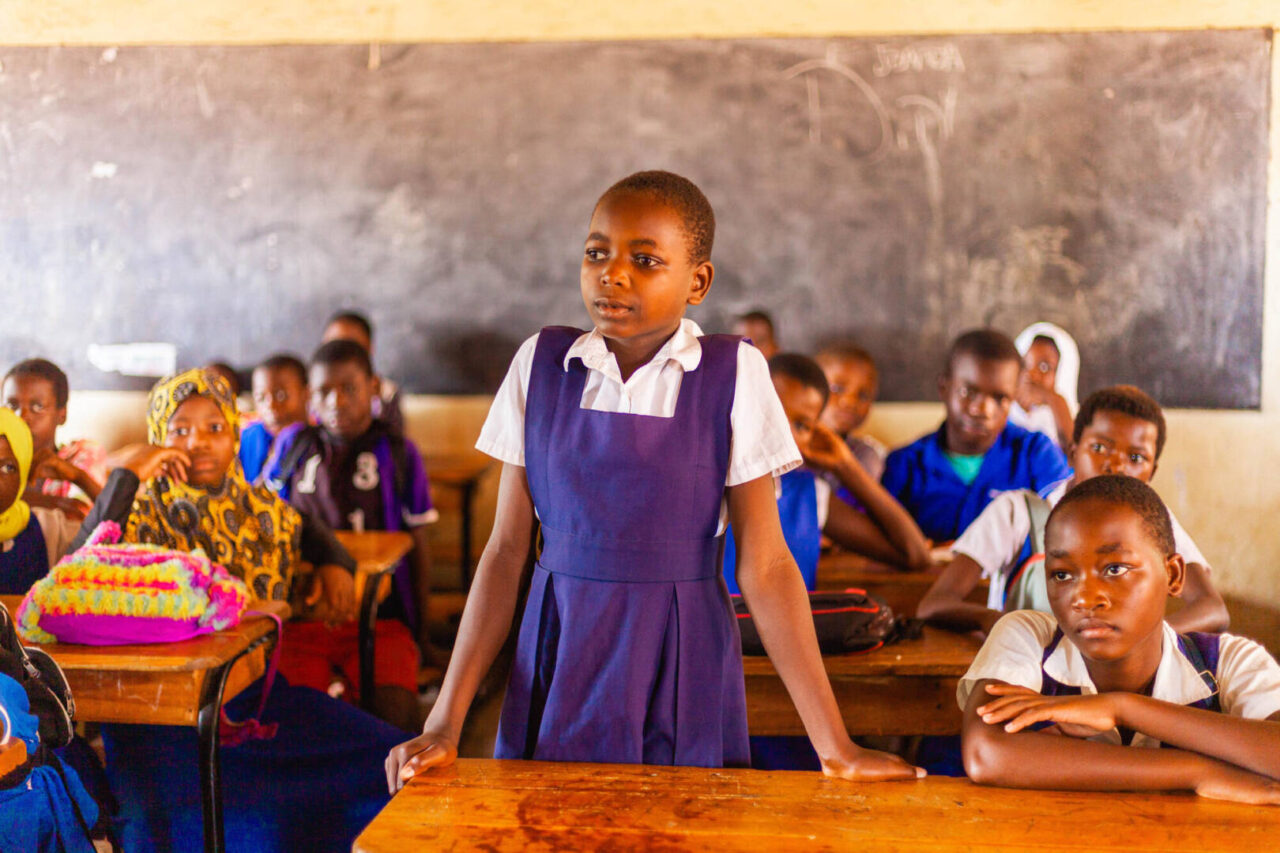
When Halima met Anifa in class, all her fears went away. They quickly became friends, helping each other with classwork, both in and outside of school.
About a month before examinations, the scourge of malaria returned. This time for Anifa.
The 12-year-old girl became sick and was admitted to the hospital where she spent three days receiving treatment.
Just three days after she was discharged from the hospital, Anifa came to school to take her final exams. Luckily, Halima was there to welcome and encourage her.
“It was tough to write the examinations. I feel like my brain was exploding. I had a severe headache throughout the period,” shares Anifa.
Fortunately, Anifa passed her exams.
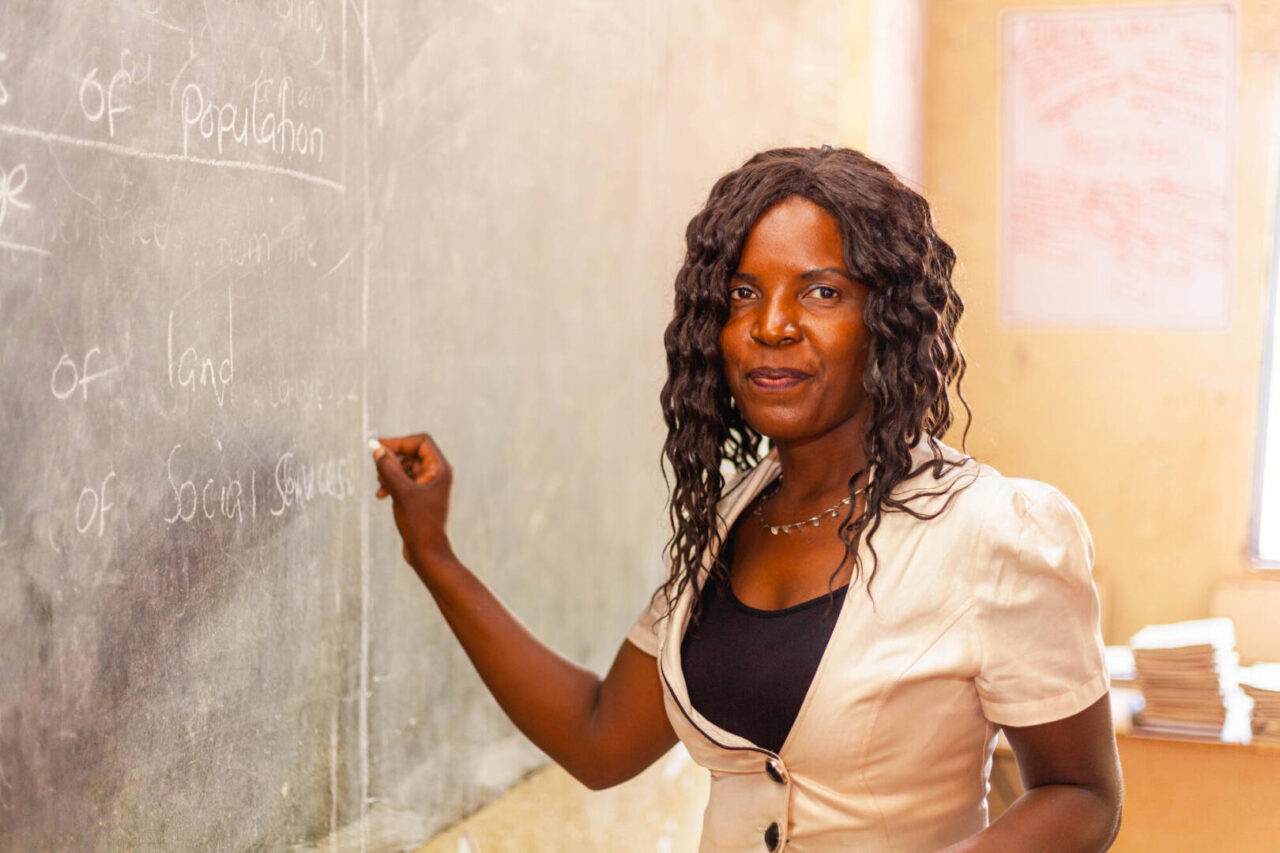
Widespread impact
Halima and Anifa’s stories represent a wider collective of students whose education and ability to thrive are threatened by malaria in Malawi.
Studies in the country have established that primary school children are vulnerable to the effects of malaria, which can cause untimely deaths among them. In 2020 alone, Malawi recorded about 7 million malaria cases that claimed 2,500 lives.
Within the first year of World Vision’s Interior Residual Spray intervention, staff sprayed 516,225 homes across three districts in Malawi, where the project is being implemented.
“I am excited because the initiative is keeping us safe from bites of infectious mosquitos,” Anifa shares.
“I am assured of my good health and safe environment. I will just work hard in school and keep improving in education,” adds Halima.
Ripple effects
With the likelihood of contracting malaria significantly reduced, children miss less school. Class attendance has increased, and hospitals have a lighter case load. Since World Vision’s project began, malaria cases in the districts have fallen 52%, from 386 in 2019 to 183 in 2021.
Halima’s mother, Patuma Twaibu, formerly spent her days nurturing her children back to health. She’d spend their income from her small business on hospital visits.
She can now focus on her business and allocate income to other avenues.
“My children are going to school, and I am doing business because we are all healthy. We thank God that [World Vision] remembered us for this project.”
